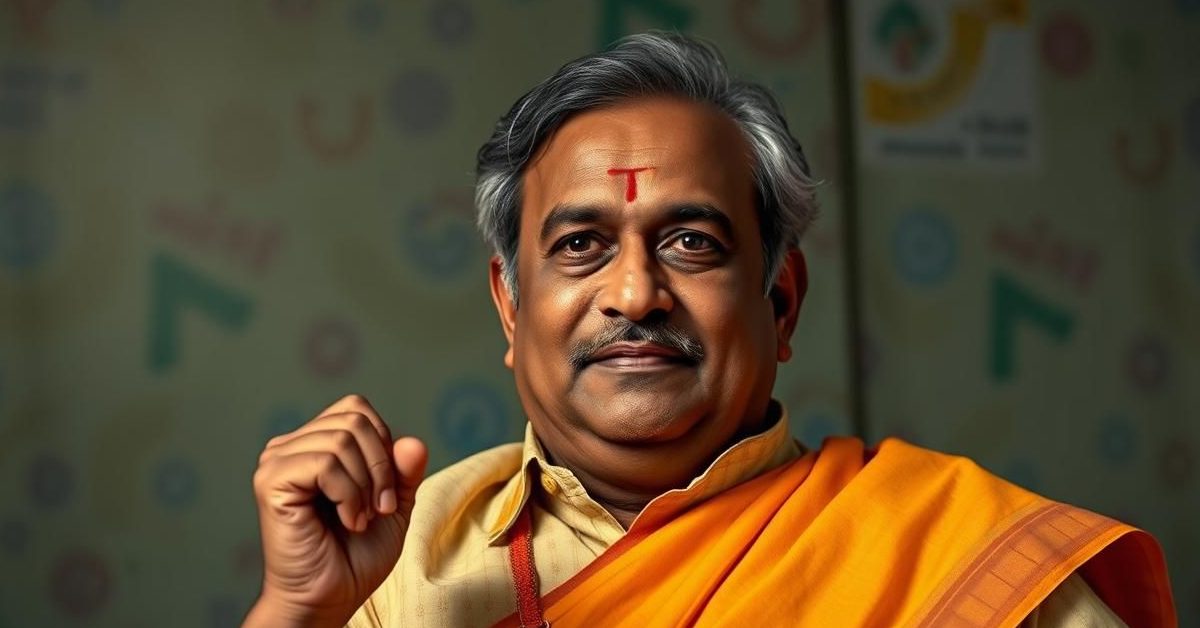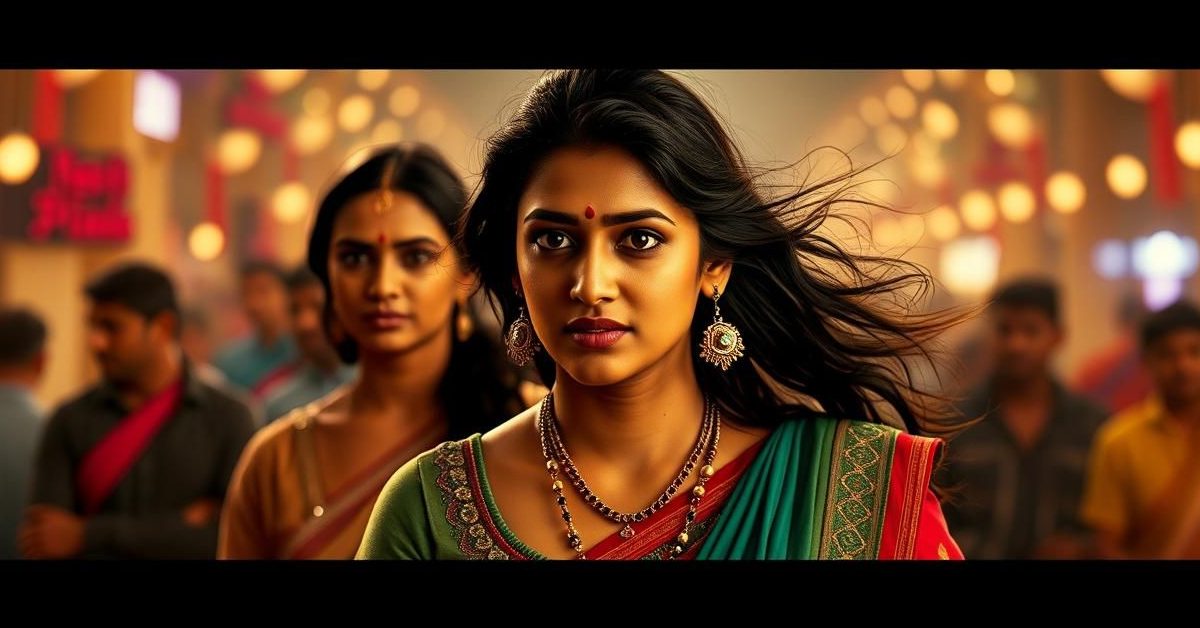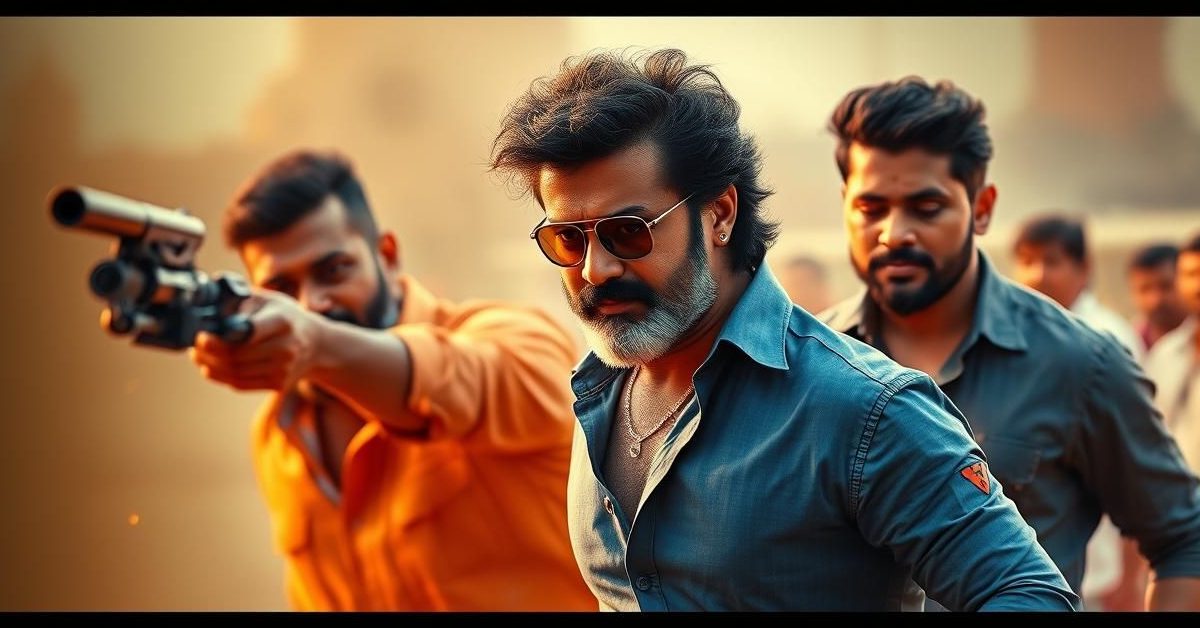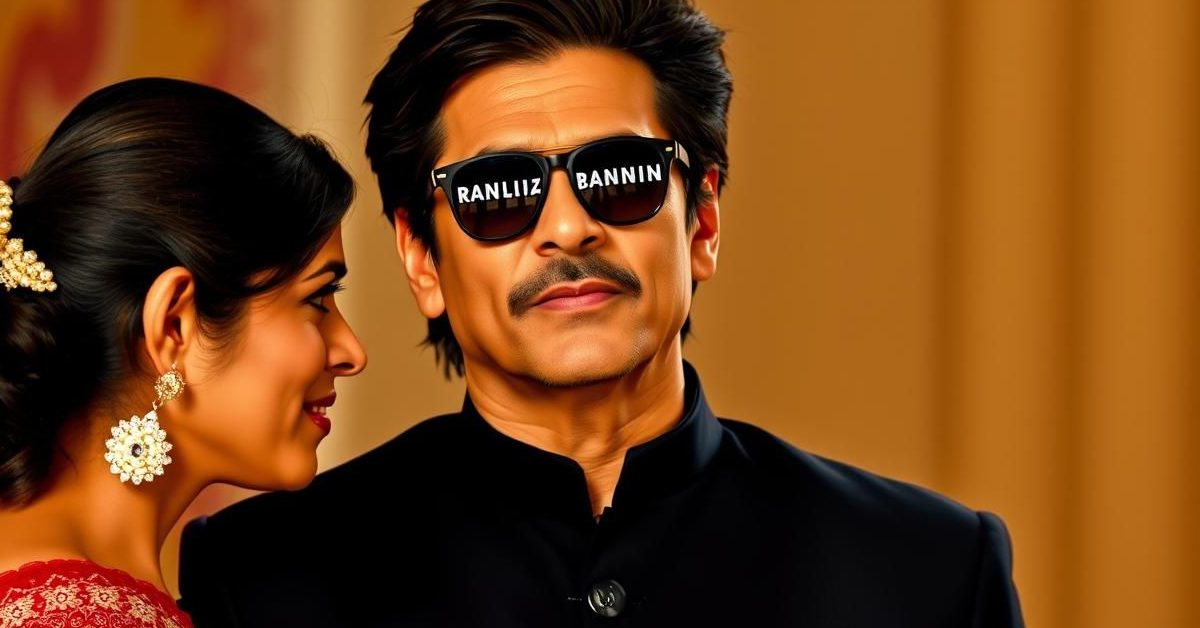Thilakan, a legendary Malayalam actor known for his fierce talent and uncompromising stance against industry power, was once saved from a life-altering surgery by none other than India’s first Prime Minister, Jawaharlal Nehru.
Early Life and a Historic Intervention
Born PK Surendranatha Thilakan in 1935, his early life saw him active in college arts before joining the military. An illness led to a critical situation where authorities planned to amputate his leg, a common practice then.
However, during a hospital visit by Prime Minister Jawaharlal Nehru, Thilakan boldly spoke up, requesting intervention. Nehru not only ordered his transfer to a better hospital but also issued a decree preventing future amputations without a soldier’s or their family’s consent. This intervention allowed Thilakan to return to Kerala, his legs saved, and pursue his passion for acting.
From Theatre to Stardom
After leaving the military, Thilakan immersed himself in theatre, forming his own troupe and collaborating with legends like PJ Antony, who introduced him to cinema. His true breakthrough came with filmmaker KG George, who recognized his immense potential.
George gave him impactful roles in films like ‘Ulkkadal’ (1979) and ‘Kolangal’ (1981), where Thilakan’s nuanced portrayal of an alcoholic, free from theatrical exaggeration, won critical acclaim. He quickly proved his versatility, excelling in everything from intense dramas like ‘Yavanika’ (1982), which earned him his first Kerala State Film Award, to hilarious satires like ‘Panchavadi Palam’ (1984).
Iconic Performances and a National Award Snub
Thilakan consistently delivered benchmark performances, solidifying his status as one of Malayalam cinema’s greatest. He brought to life diverse characters, from the villainous Paul Pailokkaran in ‘Namukku Parkkan Munthirithoppukal’ to the heartbroken father Achuthan Nair in ‘Kireedam’ (1989), where his climactic scene with Mohanlal remains unforgettable.
Despite his unparalleled talent, a National Award for Best Actor for ‘Perumthachan’ reportedly eluded him, going instead to Amitabh Bachchan for ‘Agneepath’. Thilakan later alleged this was due to political maneuvering to favour Bachchan.
A Firebrand Against Power
Beyond his acting, Thilakan was a fierce critic of the Malayalam film industry’s power structures. He openly spoke about casteism, claiming his Ezhava identity cost him opportunities, and alleged that an unofficial “Thiruvananthapuram Nair lobby” resented his success.
In 2010, he waged an all-out battle against film organizations and “superstars” like Mohanlal, Mammootty, and Dileep, accusing them of forming a “mafia” and imposing an unofficial ban on him for working with a rival director. He often stated that superstars were “highly insecure” and couldn’t tolerate anyone outperforming them.
An Enduring Legacy
Despite facing industry opposition, Thilakan continued to deliver powerful performances until his final years, notably in films like ‘Ustad Hotel’ (2012). His talent was undeniable, and audiences consistently embraced his work. He received the Padma Shri in 2009.
Thilakan passed away at 77, leaving behind a legacy not just as an actor who turned every role to gold, but also as a courageous individual who stood firm against egoistic associations and powerful lobbies, inspiring generations with his integrity and defiance.
- Thilakan’s leg amputation was prevented by Prime Minister Jawaharlal Nehru’s direct intervention in the military hospital.
- He transitioned from a celebrated theatre artist to a versatile film actor, often collaborating with director KG George.
- He delivered numerous iconic performances, including those in ‘Kireedam’ and ‘Namukku Parkkan Munthirithoppukal’.
- Thilakan openly challenged alleged casteism and the “ban culture” within the Malayalam film industry, criticizing prominent stars.
- He was awarded the Padma Shri in 2009, cementing his place as a revered figure in Indian cinema.
His story serves as a testament to both extraordinary talent and unwavering principles in the face of adversity.















